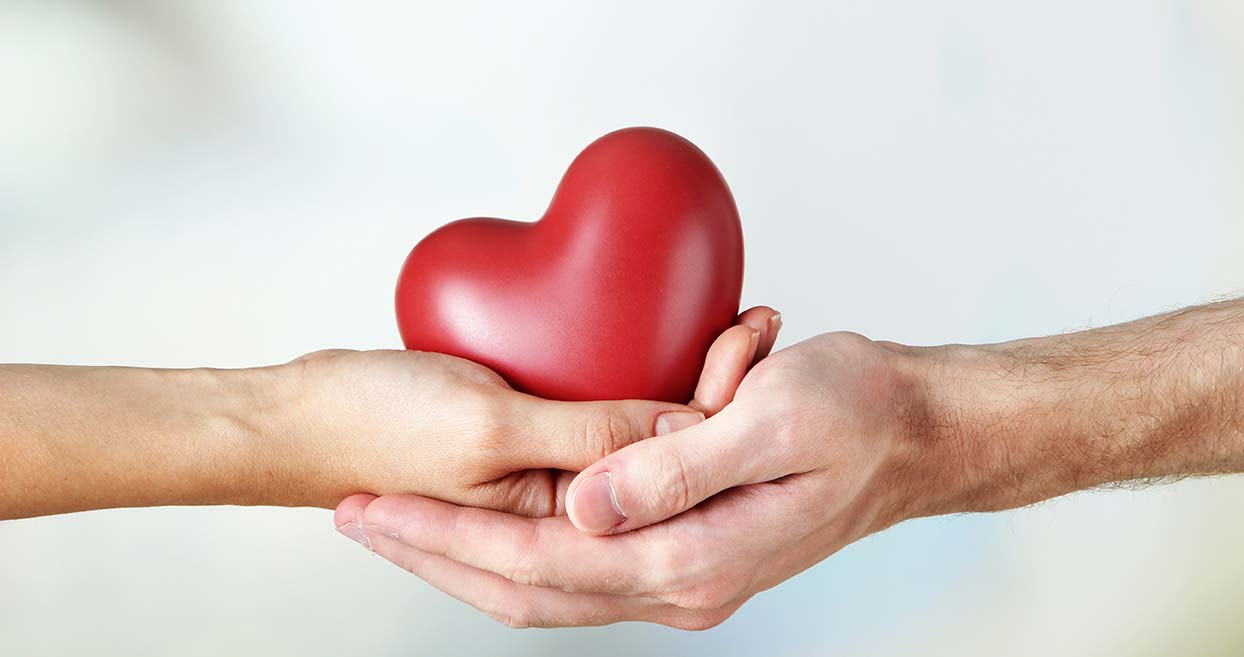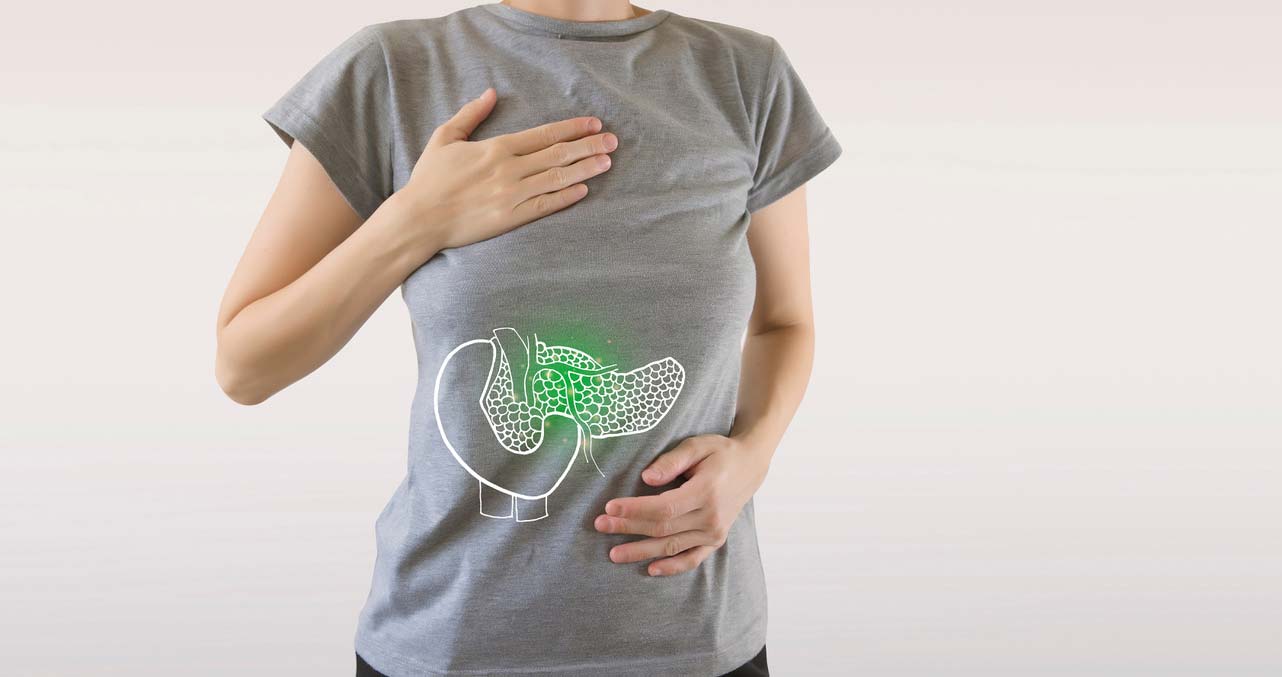The Science of Love: What Happens to Your Body When You Fall Head Over Heels

Ah, love—the feeling that makes you want to dance in the rain, write sappy texts, and suddenly enjoy your partner's questionable taste in music. But beyond the butterflies and heart emojis, have you ever wondered what actually happens inside your body when you fall in love?
Spoiler alert: It’s not just your heart that gets involved—your brain, hormones, and even immune system all play a role in this grand romantic experience. So, let’s dive into the science behind love and what’s really happening behind those dreamy eyes and pounding heartbeats.
Your Brain on Love: The Ultimate Chemical Cocktail
When you fall in love, your brain basically turns into a high-energy chemistry lab, mixing up a potent blend of hormones and neurotransmitters that make you feel euphoric, addicted, and just a little bit obsessed.
-
Dopamine: The Feel-Good Drug
Love is basically nature’s version of a dopamine rush. This neurotransmitter is responsible for pleasure, motivation, and reward, which explains why you suddenly feel like your partner is the best thing since warm tortillas. The brain's reward system goes into overdrive, making love feel exciting and addictive—literally.
-
Oxytocin: The Cuddle Hormone
Released during physical touch, hugs, and intimate moments, oxytocin strengthens emotional bonds and trust. It’s why couples who cuddle more tend to feel closer. It’s also the same hormone that helps moms bond with their newborns—so yeah, it’s powerful.
-
Norepinephrine: The Butterflies in Your Stomach
Ever get that heart-racing, sweaty-palms feeling when you see your crush? That’s norepinephrine, which increases alertness and heart rate. It’s why love can sometimes feel like a thrilling rollercoaster ride.
-
Serotonin: The Love-Obsessed Neurotransmitter
Falling in love can lower serotonin levels, which may explain why people in the early stages of love can’t stop thinking about their partner. (Yes, there’s actual science behind those late-night "I miss you" texts.)
Cupid’s Cheat Code: Feeling lovestruck but still need to focus at work? A good brain-boosting supplement like Ginkgo Biloba Extract or Ginseng Complex™ might keep your head in the game—because staring at your phone waiting for a text isn’t a career skill.
Your Heart: Why Love Feels Like a Workout
Your heart isn’t just a metaphor for love; it literally responds to your feelings. When you're in love, your body releases adrenaline and cortisol, which increases your heart rate. That’s why your heart might pound when you see your crush walking towards you. Studies have even shown that couples in love can synchronize their heartbeats just by looking into each other’s eyes. Romantic, right?
Cupid’s Cheat Code: If love is making your heart race, at least make sure it's strong enough to handle it—hello, heart health supplements! Try Circuplex™ or EPA-DHA Omega-3 supplements to keep your ticker in shape, flutters and all.
Love and Your Immune System: A Health Boost?
Believe it or not, love might actually be good for your health. Research suggests that people in happy relationships tend to have stronger immune systems and lower levels of inflammation. Oxytocin helps reduce stress, which in turn supports immune function. So, those forehead kisses? They’re basically little health boosters.
Cupid’s Cheat Code: If you’re over dating and ready to boost your immune system solo, we got you covered. Polybiotic™, Elderberry+, and Graviola are excellent immune supplements to help keep you healthy and independent.
Love and Pain: Your Built-In Painkiller
Here’s a wild fact: Being in love can actually reduce physical pain. MRI studies show that looking at pictures of a romantic partner can activate the brain's pain-relief centers. So next time you stub your toe, try looking at a photo of your significant other and see if it helps (no guarantees, though).
Cupid’s Cheat Code: When just a look won’t do—or when a lovers' spat leaves you with a pounding headache—nature’s got your back. Feverfew, aka “nature’s aspirin”, is here to help keep the romance alive without the tension headaches.
Love and Sleep: A Double-Edged Sword
Falling in love can mess with your sleep cycle. High levels of dopamine and norepinephrine can keep you up at night, thinking about your special someone. But over time, oxytocin promotes relaxation and better sleep quality. So, love may start off as a sleep thief but can eventually turn into your personal melatonin substitute.
Cupid’s Cheat Code: Tossing and turning thinking about your crush? Sleep support supplements to the rescue—because beauty sleep is still a priority. Try Dormimax™ or Relax+™ to help you drift off without letting your mind run a marathon of dreamy what-ifs.
Love is a Full-Body Experience
From your brain to your immune system, love affects nearly every part of your body. While the romantic gestures and stolen glances are sweet, the real magic is happening inside you. Understanding the science of love doesn’t make it any less special—if anything, it just proves how incredible our bodies are at creating and sustaining deep connections.
So, whether you're falling hard, happily committed, or just here for the fun facts, remember: love isn’t just a feeling, it’s a whole-body experience. And hey, if nothing else, at least now you have some nerdy-but-cute conversation starters for your next date night.
Happy Valentine's Day, lovebirds!
Your Hispanic American Health Store
Health Hispanica® is a Hispanic-American health store specializing in supplements from Hispanic-American-owned brands such as Natura-Genics® and Yerba Farma®. We strive to provide quality and innovative supplements at fair prices and educate our clients and community on healthy living.
The statements above have not been evaluated by the Food and Drug Administration (FDA). This product is not intended to diagnose, treat, cure, or prevent any disease.



Leave a comment